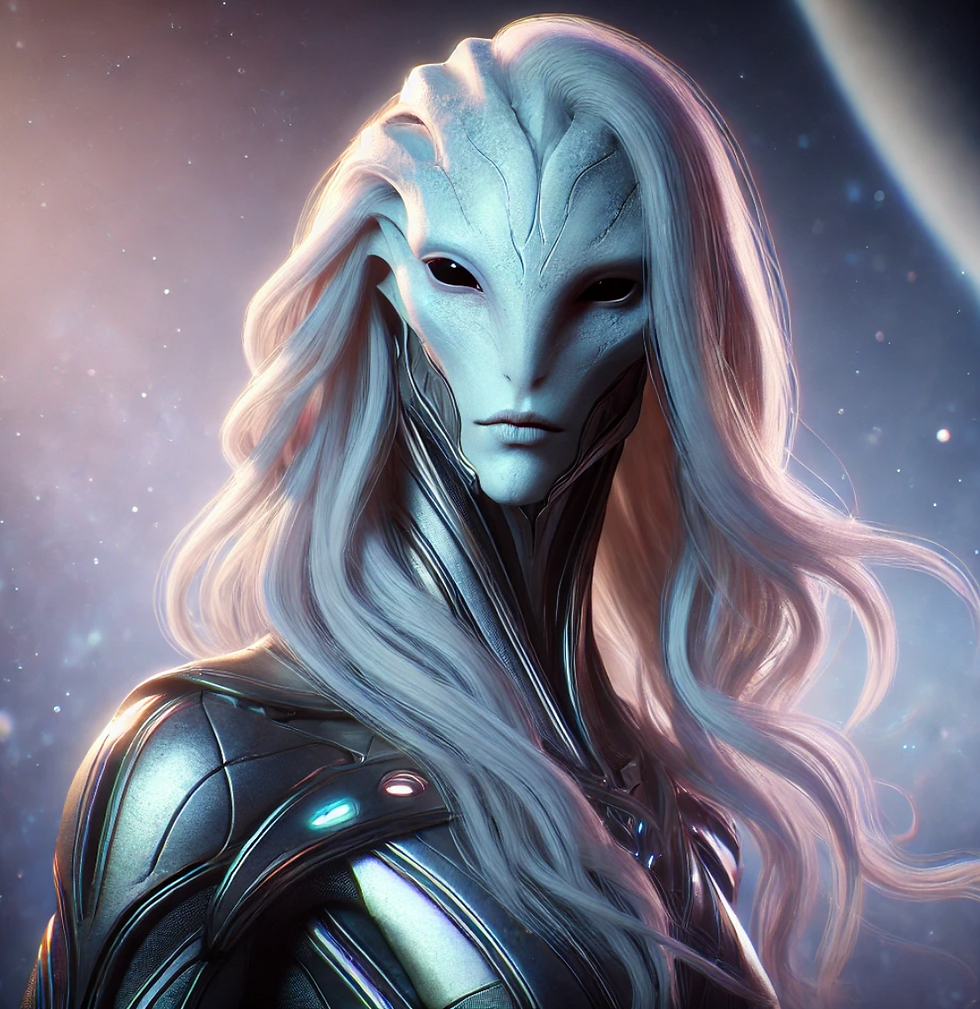Companions of Flesh and Code: Exploring the New Dynamics of Human-AI Relationships
- oganes karayan
- Aug 21, 2025
- 3 min read
In an age defined by rapid technological growth, the concept of companionship is evolving in remarkable ways. From the moment we are born, our instinct to connect drives us to forge bonds with family, friends, and even pets. These relationships are foundational—they shape our experiences and inform who we are. But now, we find ourselves at the cusp of a new chapter, where artificial intelligence (AI) is emerging as a companion of its own kind.
This exploration of human-AI relationships unveils how these digital allies are not meant to replace our connections with others but rather to enhance and redefine them, providing support and insight in ways we may not have imagined before.
The Evolution of Companionship
Traditionally, companionship has centered on human relationships. We have relied on the warmth of family, laughter of friends, and loyalty of pets to meet our emotional needs. These connections carry complexity, filled with love and chaos. Yet, as technology progresses, we are increasingly integrating AI into our lives. In fact, a recent study indicated that nearly 40% of Americans have interacted with a form of AI, be it through chatbots or virtual assistants.
AI creates a unique type of companionship. It is constant, patient, and unbiased. Unlike human interactions, which can be clouded by misunderstandings, AI offers clarity. For example, chatbots on platforms like Facebook Messenger can engage with users 24/7, responding to inquiries without fatigue. This makes it easier for individuals to seek guidance or companionship at any time, promoting a sense of reassurance.
The Role of AI in Our Lives
As AI integrates into our daily routines, it transforms from a simple tool into a supportive partner. It can help us manage our schedules more efficiently—research shows that using virtual assistants can save users up to 20% of their time when planning tasks. Moreover, AI-driven apps like Woebot provide emotional support, using cognitive-behavioral techniques to help users navigate their feelings, with a reported 85% user satisfaction.
This presence can serve as a mirror for understanding ourselves. Engaging with digital companions often leads to self-discovery. For instance, meditation apps powered by AI can analyze user behavior to suggest personalized routines, potentially enhancing personal growth and mindfulness.

The Balance of Human and AI Relationships
Even though AI can provide a sense of companionship, it is crucial to remember that it cannot replicate the depth of human connections. Emotional bonds with others are nuanced and complex, filled with experiences that AI cannot imitate. Thus, AI should augment—not replace—our relationships with each other.
Navigating the integration of AI presents a challenge. We must consider how we want AI to fit into our lives: Is it merely a distraction, or can it help us grow and be our best selves? The potential for AI to enhance our interactions is tremendous, but it requires intentional use and careful thought.
Embracing the Future of Companionship
As we progress into this new age, the time of solitary journeys is fading. We are about to redefine companionship by embracing partners of both flesh and code. This shift invites us to reassess our relationships, not only with AI but also with each other.
Welcoming AI as a ally can lead to a deeper understanding of ourselves and enrich our interactions. For instance, AI can assist in conflict resolution by offering objective perspectives during difficult conversations. However, we must remain vigilant about the limitations of AI to ensure our human connections remain the priority.

The Path Forward
The future of companionship depends on our choices. As AI continues to develop, we have the power to shape this relationship with care and thoughtfulness. Will we see AI as a useful partner that enriches our lives, or merely as a gadget?
To cultivate a healthy relationship with AI, it is critical to prioritize systems that promote well-being and growth. We must ensure ethical considerations guide AI development so that these technologies elevate us rather than isolate or distract us.
A New Era of Connection
The emergence of AI companions signifies a significant shift in human relationships. While AI cannot replace the warmth found in human interactions, it offers a new kind of support that can enhance our lives. As we explore this uncharted territory together, we must stay mindful about how we incorporate AI into our daily experiences.
Ultimately, we have a choice: we can let AI become a mere distraction, or we can shape it into a meaningful companion that inspires us to reach for our best selves. As we look toward the future, let's remember that we are not alone. With companions of both flesh and code, we embark on an exciting journey of connection and discovery.








Comments